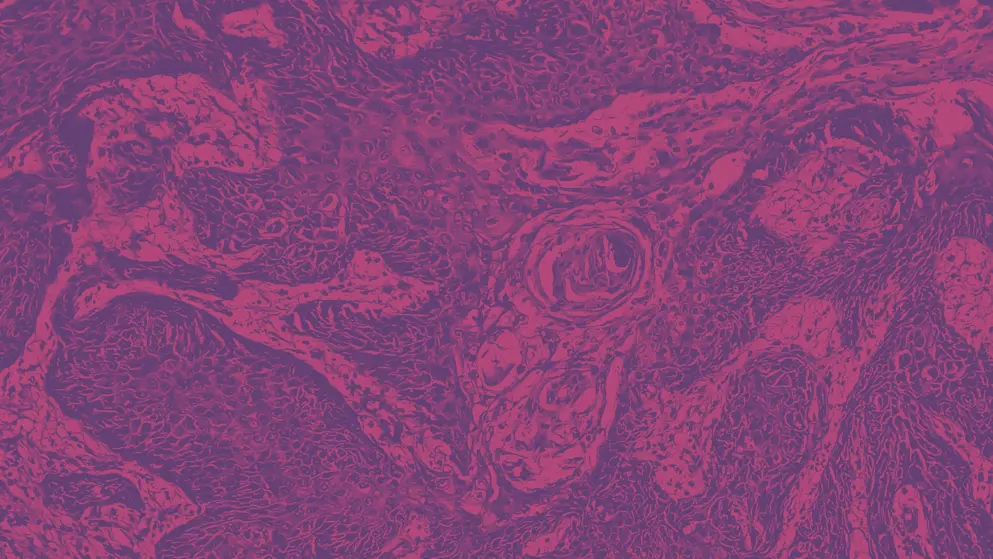
Supportive care in oncology Learning Zone
Transcript: Why is supportive care critical to cancer management
Dr Gary Lyman
All transcripts are created from interview footage and directly reflect the content of the interview at the time. The content is that of the speaker and is not adjusted by Medthority.
I cannot emphasise enough how important it is to effectively manage, and ideally prevent chemotherapy-associated adverse events, across the spectrum of modern cancer therapies, both to reduce the risk of a serious life threatening complication, like febrile neutropenia or a pulmonary embolism, as well as to improve compliance with the delivery of effective and potentially curative systemic therapies.
The assessment of risk of patients for these adverse events at baseline and continuously throughout their treatment is critically important and emphasised within the clinical practise guidelines. And, then targeting available and effective interventions, based on that risk assessment, and continually update the the risk of patients, during their treatment and beyond. Adherence to clinical practise guidelines, it needs to be improved. We know that many patients, or clinicians, are not adhering closely to those guidelines, which are evidence-based. And, we need much more research to improve clinical outcomes and quality of life in patients with cancer, to find more safe and effective ways of preventing these important complications of cancer treatment.
Developed by EPG Health for Medthority. This content has been developed independently of the sponsor, Sandoz, who has had no editorial input into the content. Medthority received unrestricted educational grant funding from the sponsor in order to help provide its healthcare professional members with access to the highest quality medical and scientific information and associated relevant content, without any promotional intent. This content is intended for healthcare professionals only.

